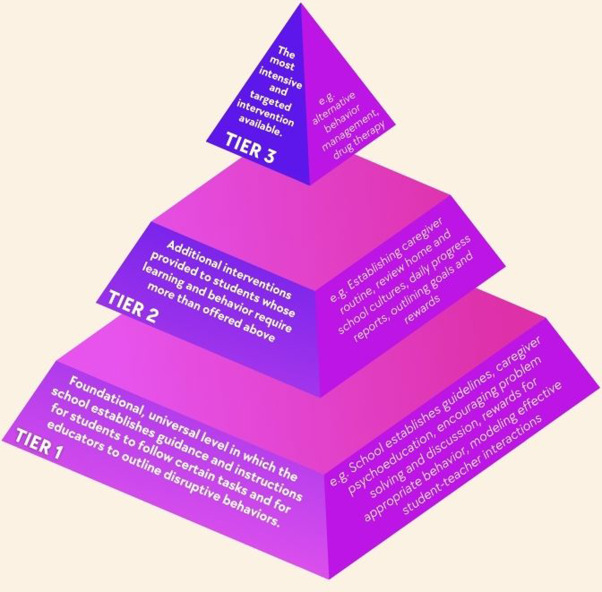This Article supports SDG 3 by examining inequities of care between disabled and non-disabled children in Africa, focusing on common childhood illnesses. Absolute differences were small, although higher odds of some illnesses were observed in disabled children. Children with disabilities should be considered in efforts to address social determinants of health.
Elsevier,
Translational Surgery
Handbook for Designing and Conducting Clinical and Translational Research
2023, Pages 591-597
The extensive history of abuse and ongoing mistreatment of Black Americans continues to foster apprehension and distrust of healthcare providers. This has resulted in substantial barriers for modern healthcare to appropriately address the needs of Black patients. These concerns have been visibly manifested during the COVID-19 pandemic. This article supports WHO SDG 3 Good Health and Wellbeing and SDG10 Reduced Inequalities.
Elsevier,
The Thinking Healthcare System
Artificial Intelligence and Human Equity
2023, Pages 99-129
Highlights the 21st century's fundamental “global health” reformulation of PubHealth and anticolonial resistance (to a perceived cultural imperialism of the West including in PubHealth) supporting SDG 3.
The content concerns models for optimal utilization of groundwater resources
This study lookds at how climate change will have a significant impact on the availability of water resources in the upper Blue Nile basin of the Kiltie watershed
This study analyses spatial distribution of water reservoirs in the Sota catchment with regards to livestock density, population density, rainfall distribution and geological structure of the Sota catchment, and assessed the state of these reservoirs.
In sub-Saharan Africa, many countries have policies and laws that discriminate against men who have sex with men. This paper explores the relationship between these laws and HIV in this key population.
In this systematic review the meausres to monitor and improve mental health outcomes in particpants taking part in SRHR/HIV interventions were assessed in sub-Saharan Africa. The authors show that interventions to improve adolescent SRHR, HIV, and mental health are relatively understudied, with mental health outcomes often the least commonly assessed outcomes. this study highlights the need to look beyond HIV care and keep in mind other equally important aspects of health and wellbeing.
In this 12 month long prospective cohort study, weight change in Black people in Johannesburg, South Africa, with HIV who switched from efavirenz to dolutegravir was compared with propensity score matched people who remained on efavirenz. Those who switched ART regimen where reported to have an increase in weight and 14.2 percentage point increase in the risk of hypertension. The study seeks to optimise the treatment regimens for people with HIV and hightlights the potnetially adverse effects of regimen switching.
This article supports SDG 2, SDG 3 and SDG 13 by demonstrating the importance of enhancing farmers’ perceptions of of Climate-Smart Agriculture potential to promote environmental stewardship with motivations by demographic, socioeconomic and ecological factors.


